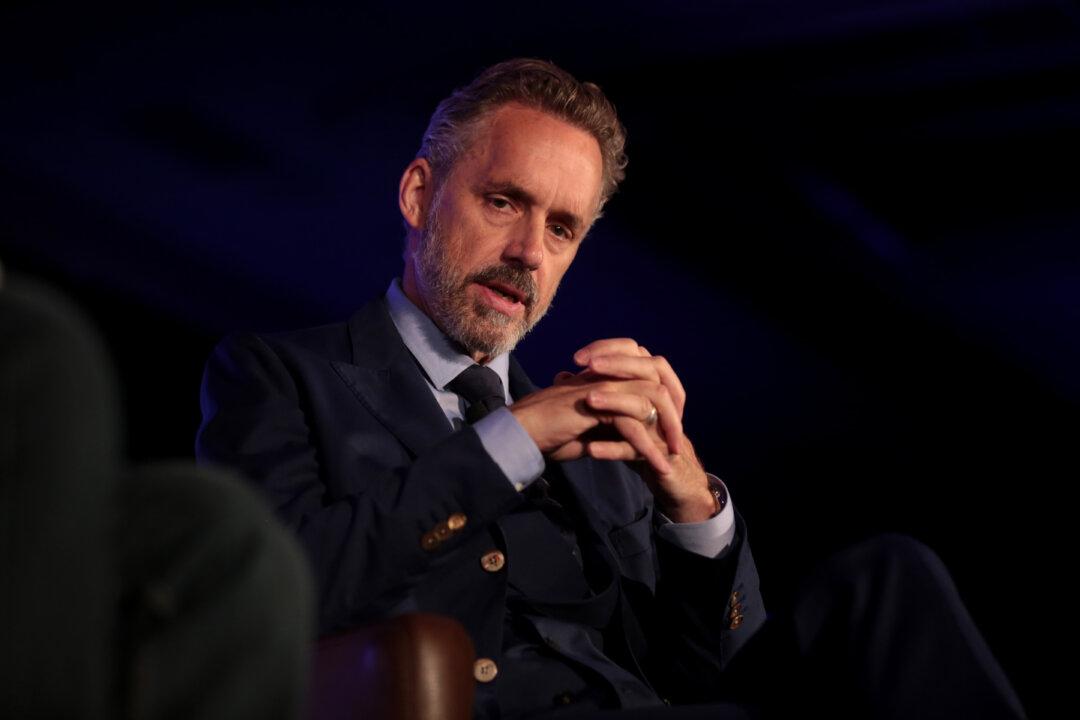Jordan Peterson has been through hell.
In mid-2019, Peterson disappeared from public life as he struggled with severe health problems stemming from a physical dependency to prescription tranquilizers.

Jordan Peterson has been through hell.
In mid-2019, Peterson disappeared from public life as he struggled with severe health problems stemming from a physical dependency to prescription tranquilizers.